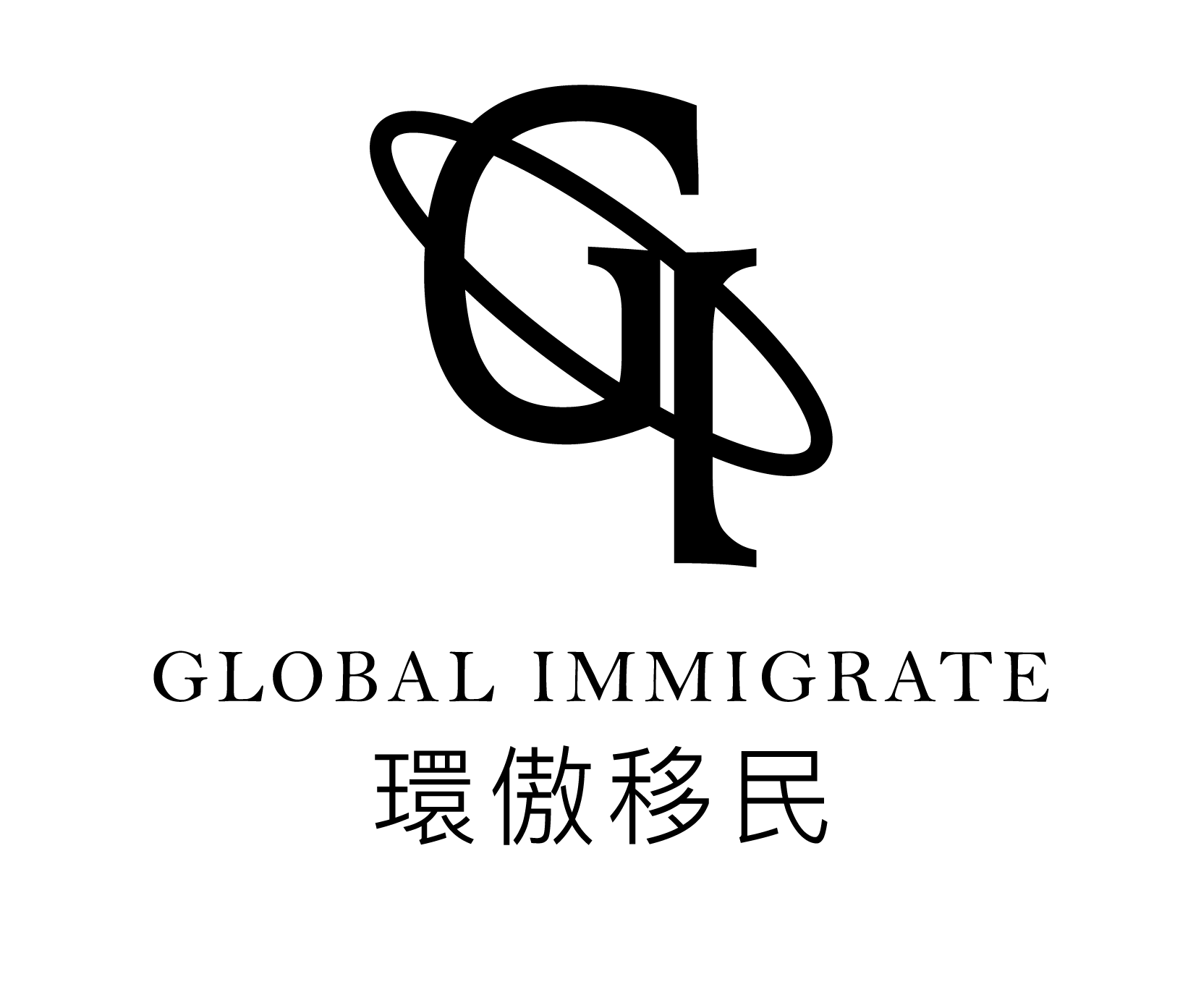Are there any citizen benefits after immigrating to Canada? Canada’s national welfare policies for citizens can be said to be well-known, and the “Immigration Paradise” by the majority of immigrants. What are the specific benefits?
- Paid Vacation
According to the Canadian government, full-time employees are entitled to two weeks (10 working days) paid holidays each year after working for one year. After five years of continuous work, they are entitled to three weeks of paid holidays each year, and the holidays cannot be replaced by salary.
Canadians can be said to be very concerned about family life and love to travel. Not only on public holidays such as Christmas, Thanksgiving, and Family Day, you can see a family going out on vacation in the airport.
- Child Tax Benefit
When it comes to Canadian welfare, how can one not mention the famous child tax benefit? In Canada, every child under the age of 18 can receive a monthly child welfare benefit subsidy.
The amount of child tax benefit should be calculated based on the family income of the previous year and the number of children in the family. For example, families with an annual net income of less than CAD 30,000 will receive the full amount of child tax benefit. Children under the age of 6 will receive CAD 6,400 per person per year, and children aged 6 to 17 will receive CAD 5,400 per person per year. For families with a family net income of more than CAD 200,000 per year, the child tax benefit is zero. For specific calculation methods, please refer to relevant Canadian government websites.
In short, it is to subsidize the parents of low-income families to cultivate future social pillars for Canada, and also hope to provide children with better living and education conditions.
- Child Care Subsidy
In Canada, public school kindergartens started as free education. Kindergarten starts at different ages in different provinces. In Ontario, you can go to a junior kindergarten as long as you are 4 years old at the end of the year. However, the cost of daycare before entering the kindergarten class is self-financed, and the cost is more expensive.
Since many low-income families do not have the financial means to allow their children to receive early education, the government has allocated special funds to establish childcare subsidies. Depending on the applicant’s specific circumstances, the government sometimes subsidizes half of the subsidy, sometimes full subsidy, and the subsidy is paid directly to the childcare institution where the child is attending.
You need to wait in line to apply for childcare subsidies, so you should submit your application as early as possible. The government will give priority to families where both spouses are working or studying and have very little income.
- Government Housing
In order to guarantee homeownership, the Canadian government allocates funds to build a large number of government houses each year. The government houses are managed by specialized companies entrusted by the government and rented out at very low prices. These houses are not dilapidated urban villages, nor simple low-rent houses, but beautifully built buildings, spacious and bright two-bedroom or three-bedroom houses.
These government houses are provided to cater for low-income groups. They are charged in a special way. They are charged as a percentage of income. For example, they are generally charged at 25%-30% of monthly income. Those high-income people would rather use the rent to buy a house than take advantage of it. Most of the beneficiaries are the real poor.
For example, if your monthly income is only CAD 1,000, you only need to spend about CAD 250 to pay the rent, and you may live in an apartment with two bedrooms and one living room or three bedrooms and one living room.
to be continued…
Source: Canadian Times, Daily Headlines
Further reading:
Are there any citizen benefits after immigrating to Canada? (1)
Are there any citizen benefits after immigrating to Canada? (2)
Are there any citizen benefits after immigrating to Canada? (3)
Latest News
Details of Canada’s lifeboat plan announced in June this year
Stream A: In-Canada graduates.
Applicants must have graduated from a post-secondary designated learning institution in Canada
- in the 3 years before you apply
- with one of the following:
- a diploma (not graduate or post-graduate) for a program of at least 2 years
- a degree (associate, bachelor’s, master’s or doctoral)
- a graduate or post-graduate diploma or certificate for a program of at least 1 year and
- with at least 50% of your program completed in Canada (either in person or online)
Stream B: Canadian work experience
Applicants must have graduated in the 5 years before you apply with one of the following:
- a diploma (not graduate or post-graduate) for a program of at least 2 years, or a degree (for example, an associate degree, a bachelor’s degree, a master’s degree or a doctorate) from a post-secondary designated learning institution in Canada
- a graduate or post-graduate diploma or certificate for a program of at least 1 year from a post-secondary designated learning institution in Canada
- a foreign educational credential equivalent to one of the following:
- a Canadian post-secondary diploma (not graduate or post-graduate) for a program of at least 2 years
- a Canadian post-secondary degree
- a Canadian graduate or post-graduate diploma or certificate for a program of at least 1 year
- have worked in Canada for at least 12 months full time, or an equal amount of part-time hours in the 3 years before you apply.
🔻🔻🔻🔻🔻🔻🔻🔻🔻🔻
Make an appointment now for a free consultation on the “2 Pathways for Hong Kong Residents”:
For more information, please contact our experienced immigration consultant now:
WhatsApp: 6888 4742 (https://bit.ly/GI_hello)
Phone: 2566 5066
Website: http://bit.ly/GI_2pathways

